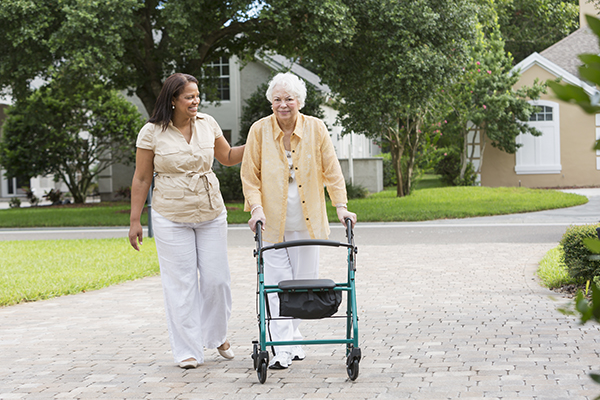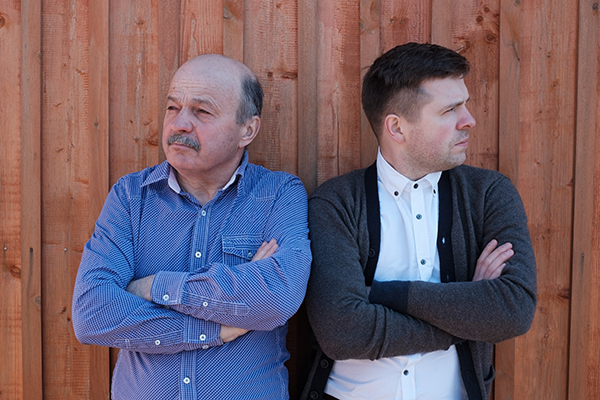We’ve all heard of helicopter parents, particularly when a child goes off to college. Truth be told, we possibly may be guilty of hovering a little too closely ourselves. Discovering that optimal balance between caring and overstepping our boundaries isn’t easy. And now, with the additional number of sandwich generationers providing care for both children […]










